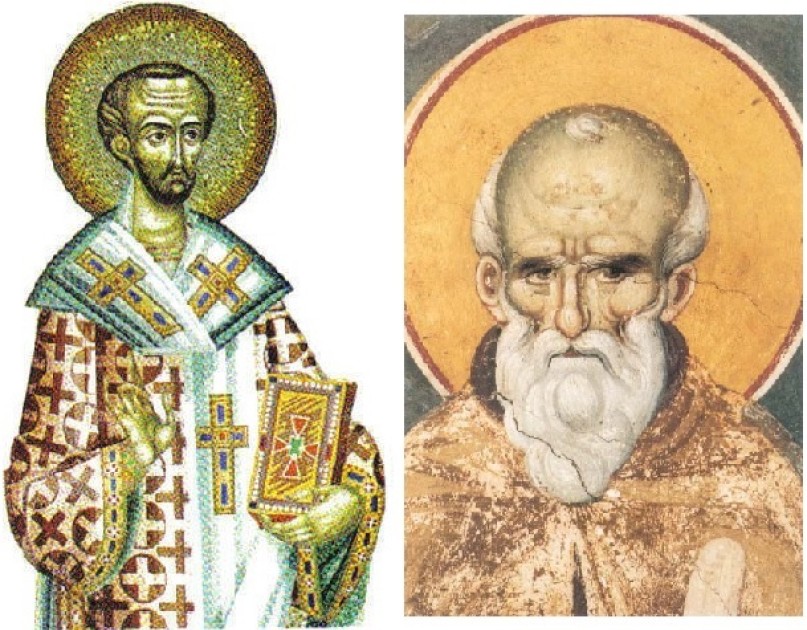All the cases of total obedience reported in patristic literature refer to patience with humility of all kinds, not to submission to an unjust dogmatic or moral position.
Obedience ceases where unrighteousness and falsehood intervene, for love, which I have said is the condition of evangelical obedience, enjoys only truth. Obedience is not only along hierarchical lines, but above all, along the lines of truth and love. Whoever preaches another Gospel, whether bishop, patriarch, synod or even angel from heaven, says the Apostle Paul in his Epistle to the Galatians, let him be accursed. For us there is no authority outside the Gospel of Christ's love and sacrifice.
It is also inappropriate to believe that only the Synod of Bishops is infallible and can, therefore, impose non-contradictory injustice, since this is only a slightly softened response to papal infallibility.
It is not the number and rank of those gathered that sanctifies the assembly, but the truth of their testimony. The Ecumenical Synods have been called holy because they were in conformity with the truth. But there have also been synods of bishops that were totally sinful. Every believer needs to know this, so as not to fall into the trap of false "obedience" and "blessings".
This explains the paradox that the great teachers of humility and obedience, such as John Chrysostom and Maxim Confessor, were unyielding when unjust things were asked of them by the sovereigns of this world and by the assembly of the sold-out bishops; in the case of John, to give up defending the poor and openly rebuking the greed and immorality of the Empress, and in the case of Maxim, to give up publicly condemning the erroneous confession of faith of the Emperor and Patriarch of Constantinople in his time.Both the Great John and the Great Maxim died far from home, condemned by the Church.
In fact, the phenomenon of martyrdom in the Byzantine Empire, declared to be Orthodox, must shatter the myth of blind obedience in the Christian hierarchy. Confessor saints such as Athanasius the Great (4th century), Patriarch of Alexandria, deposed five times from the patriarchal chair, John Chrysostom (4th-5th centuries), deposed from the chair of Constantinople, the monk Maxim the Confessor (7th century), killed by exhaustion after having his right hand and tongue cut off, the monk John Damascene (8th century), anathematized three times, the monk Theodore the Studite (8th century) and many others, less famous, but who were persecuted or killed exclusively by "orthodox" emperors and bishops, are those who, "obeying God more than men", led the Church of Christ through the centuries.
(Ieromonah Savatie Bastovoi, Cind pietrele vorbesc – Biserica fata in fata cu propria imagine, Editura Cathisma, 2008)
Reposted from the Romanian original: http://www.cuvantul-ortodox.ro/ascultarea-pretextele-si-abuzurile-ei-parintele-savatie-pune-punctul-pe-i/


Please be kind, lest your comment go the way of Babylon.